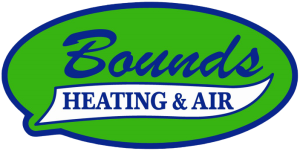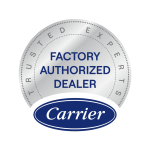Saving Money When Switching AC Units
TV20′s Kristin Chase sat down with Brett Fiore from Bounds Heating & Air to discuss switching your AC units. Fiore spoke about new legislation that gives incentives when people change to a more energy-efficient unit.
If you are needing service or installation of an AC unit you can reach Bounds Heating & Air at (352) 472-2761.



